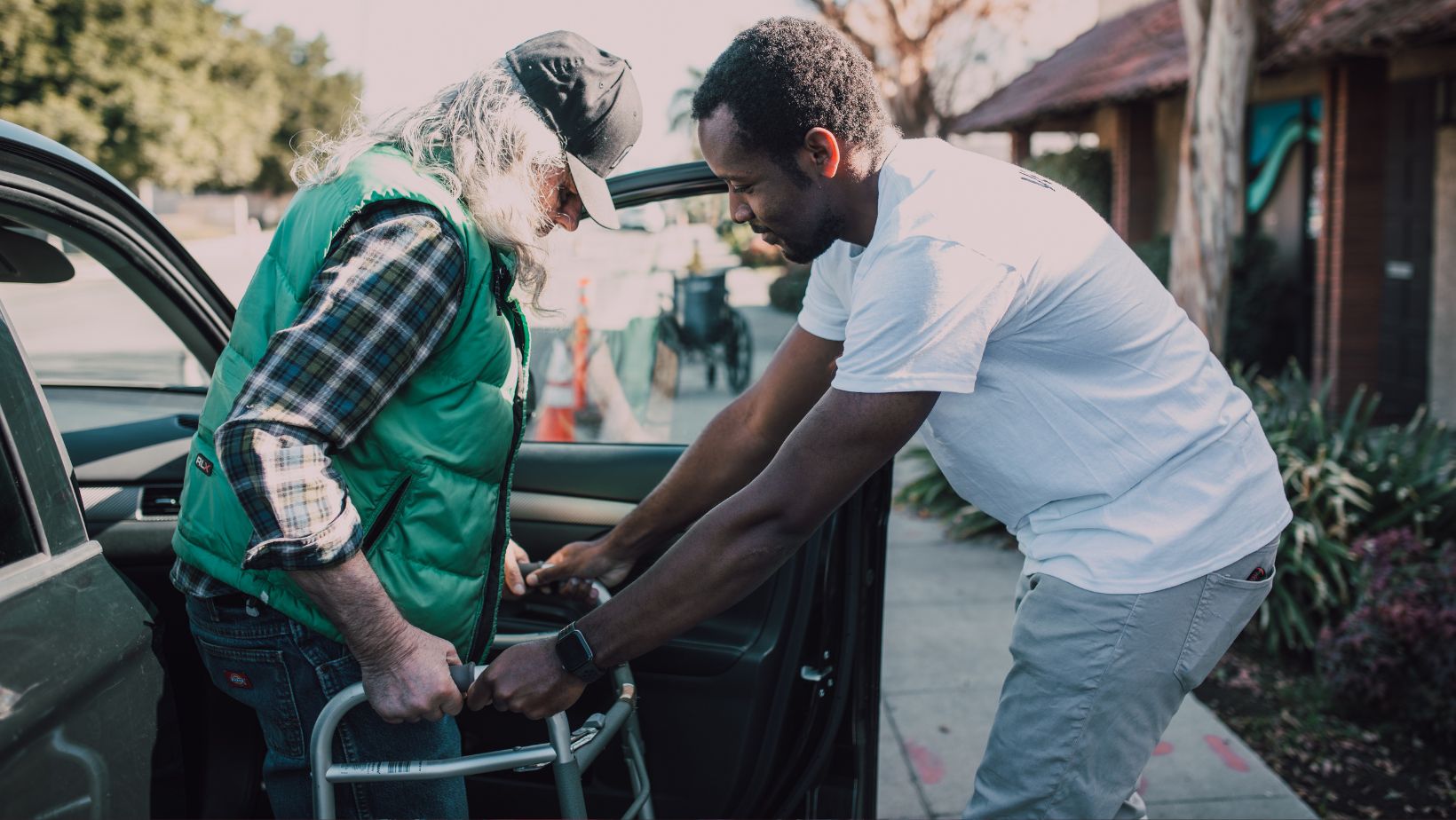Helping others is more than just a kind gesture; it’s a powerful act that brings significant benefits to both the giver and the receiver. In this article, we will explore various strategies for assisting those around you and discuss the profound impacts they can have on your mental health.
The Power of a Helping Hand
Extending a helping hand can transform lives, including your own. By offering support, you not only contribute to the well-being of others but also enrich your life in numerous ways.
Building Stronger Communities
One of the primary benefits of helping others is the creation of stronger, more cohesive communities. When individuals come together to support each other, it fosters a sense of belonging and mutual respect. Whether it’s organizing a neighborhood clean-up or assisting a local food bank, these acts of kindness help build a supportive and interconnected community.
Enhancing Personal Relationships
Helping others can significantly improve your personal relationships. Acts of kindness and generosity create a positive environment, fostering trust and deeper connections with family, friends, and neighbors. By showing empathy and support, you cultivate stronger bonds that can withstand life’s challenges.
The Mental Health Benefits
Engaging in altruistic activities can have a profound effect on your mental health. Here are some ways helping others can boost your psychological well-being.
Reducing Stress and Anxiety
Helping others can be a powerful antidote to stress and anxiety.

Focusing on the needs of others shifts your perspective away from your own worries and concerns. This shift in focus can reduce stress levels and give you a calmer, more peaceful state of mind.
Increasing Happiness and Fulfillment
Acts of kindness trigger the release of endorphins, the brain’s natural feel-good chemicals. This phenomenon, often referred to as the “helper’s high,” creates a sense of happiness and fulfillment. Regularly engaging in activities that benefit others can lead to a more sustained and profound sense of well-being.
Enhancing Self-Esteem
Helping others can also boost your self-esteem. Knowing that your actions have positively impacted someone’s life can give you a sense of purpose and accomplishment. This sense of worth and value is crucial for maintaining a healthy and balanced mental state.
Practical Ways to Help Others
Now that we understand the benefits of helping others, let’s explore some practical ways to incorporate altruism into our daily lives.
Pursuing Formal Education
Formal education can also enhance your ability to help others. For instance, pursuing an online MPH in Texas can will equip you with the knowledge and skills to address public health challenges in your community.

Similarly, earning an MSW (Master of Social Work) from a university in California, known for its extensive social services network, can prepare you to provide targeted support to those in need.
Additionally, a Master of Public Health from an East Coast institution such as Johns Hopkins can help you make significant contributions to public health initiatives, further enhancing your ability to assist others effectively.
Volunteering Your Time
One of the most direct ways to help others is to volunteer. Local charities, shelters, and community organizations always need volunteers. Whether serving meals, tutoring students, or helping with community events, your time and effort can make a significant difference.
Offering Emotional Support
Sometimes, the most valuable help you can offer is a listening ear or a shoulder to lean on. Providing emotional support to friends, family, or strangers can be incredibly impactful. Showing empathy and understanding can help others navigate difficult times and feel less alone.
Donating Resources
If you have the means, donating resources such as money, clothing, or food can be a powerful way to help those in need. Many organizations rely on donations to provide essential services and support to vulnerable populations. Even small contributions can have a significant impact.
Conclusion
Helping others is a deeply rewarding experience that benefits both the giver and the receiver. By engaging in acts of kindness and generosity, you can build stronger communities, enhance personal relationships, and enjoy numerous mental and physical health benefits.

